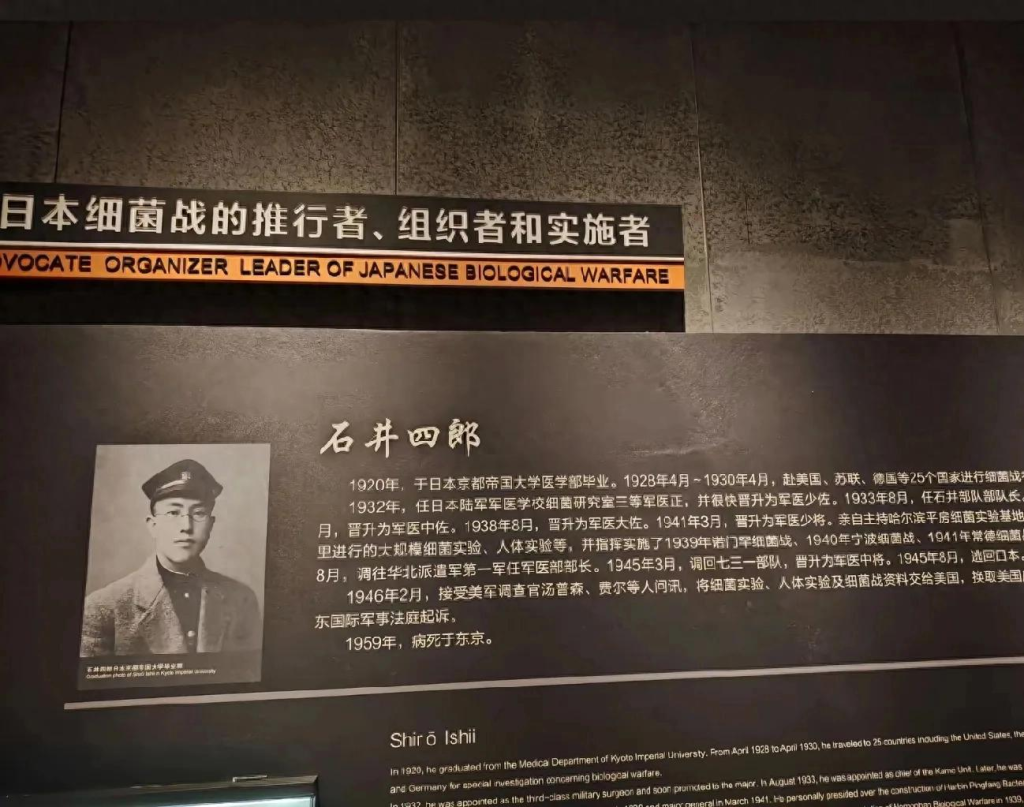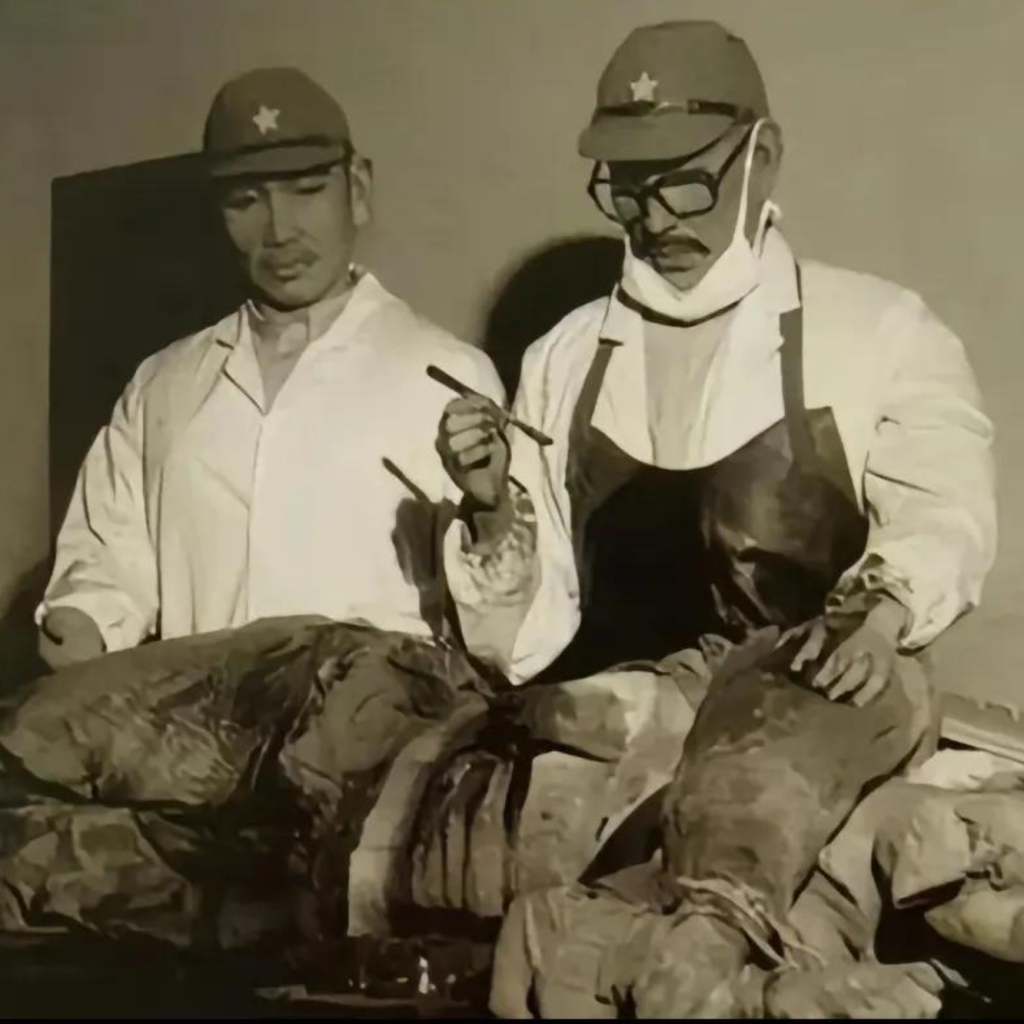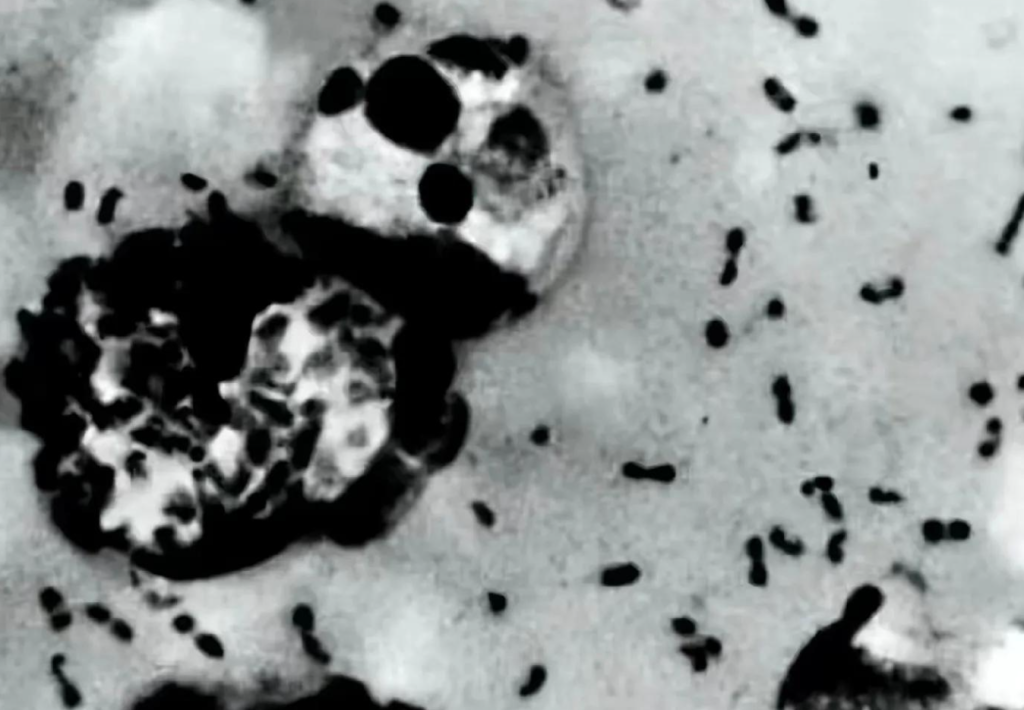Establishment & Concealment
- Founded in 1932 by Japanese army surgeon Shiro Ishii in Beiyinhe, Harbin (initially named “Kamo Unit” or “Epidemic Prevention Research Laboratory”).
- Relocated to Pingfang District, Harbin, in 1938.
- Outwardly disguised as a “Water Purification Unit” while secretly developing biological weapons.

☢️ Human Experiments & Biological Warfare
1. Live Human Experimentation
- Victims: Primarily Chinese civilians and POWs, alongside Soviet and Korean captives. Codenamed “Maruta” (Japanese for “logs”), they were treated as expendable test subjects.
- Methods:
- Vivisection: Dissection of conscious victims without anesthesia to observe organ damage.
- Pathogen Injection: Deliberate infection with plague, anthrax, cholera, etc., followed by disease progression documentation.
- Extreme Environment Tests: Frostbite, high-pressure chambers, poison gas, human-horse blood swapping, leading to agonizing deaths.
- Death Toll: Lab records confirm >3,000 deaths; actual fatalities exceed 5,000.

2. Deployment in Biological Warfare
- 1940, Ningbo: Airdropped plague-infected fleas → 100+ deaths.
- 1941, Changde: Plague outbreak → ~7,643 deaths.
- 1943, Western Shandong: Cholera bacteria released via floods → 400,000–600,000 deaths.
- Total Impact (per “Research Report on Japanese Bacterial Warfare Crimes in China”):
- Biological attacks across >20 Chinese provinces.
- 2.37 million infected, 650,000 dead.

🔒 Postwar Cover-Up & U.S. Complicity
- August 1945: Japan destroyed Pingfang facilities, burned bodies, and ordered members to “take secrets to the grave.”
- Ishii’s Escape: Fled with experiment data; granted immunity by the U.S. in exchange for research.
- U.S. Acquisition: Paid ¥250,000 for >8,000 pathological specimens and experiment reports.
- Legacy: Data used by Fort Detrick (now U.S. Army Medical Research Institute of Infectious Diseases) for bioweapons research.
